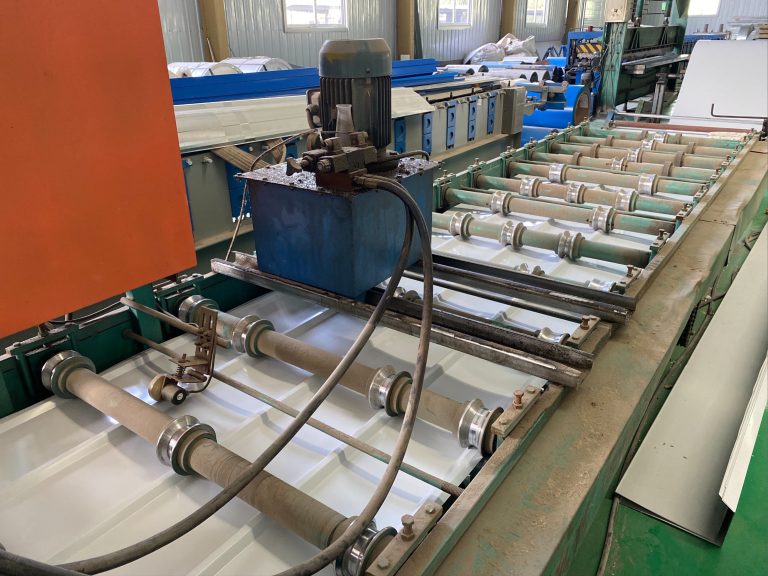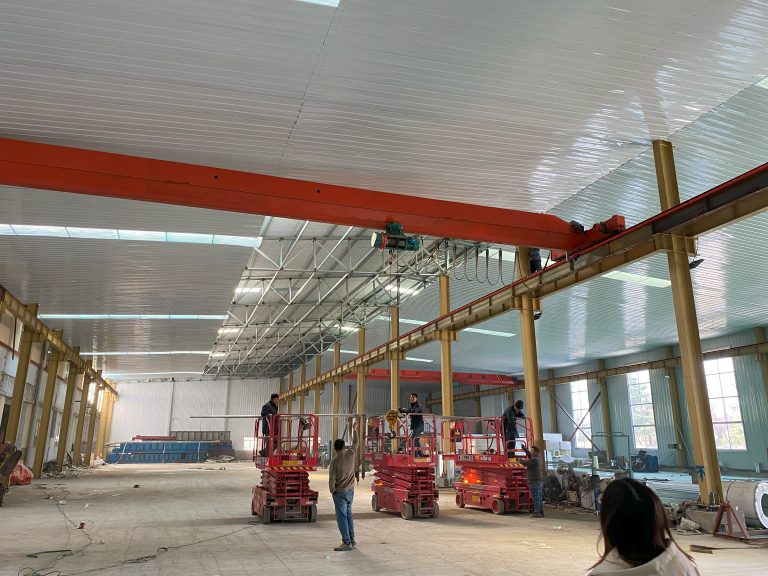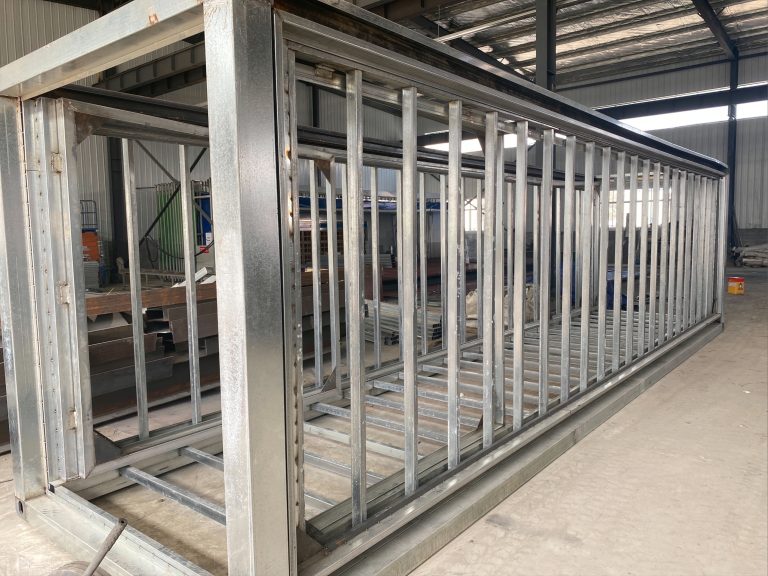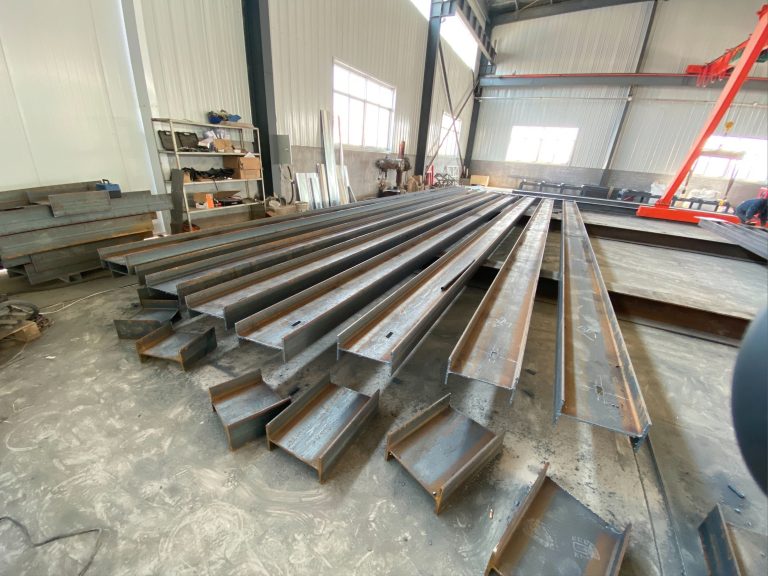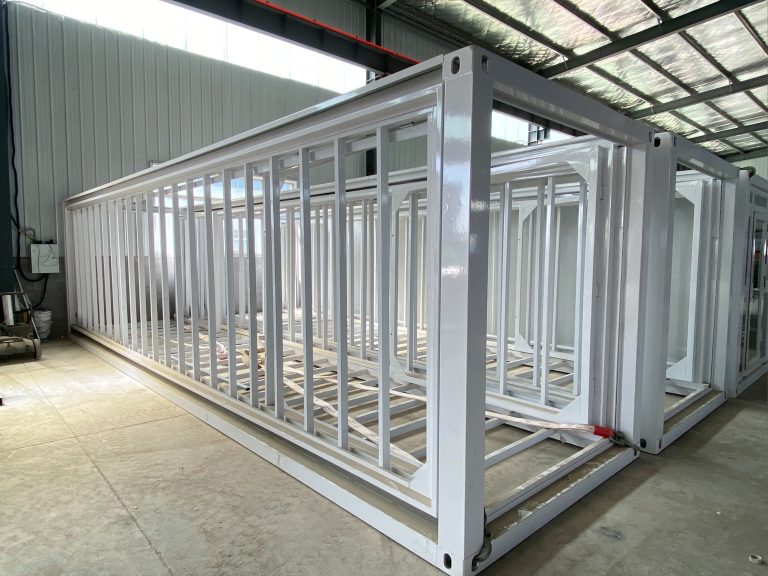Intelligent manufacturing technology for steel industry.
Table of Contents
Advancements in Automation and Robotics in Steel Manufacturing
The steel industry has long been a cornerstone of modern manufacturing, providing the raw materials necessary for countless products and infrastructure projects. As technology continues to advance, so too does the way in which steel is produced. One of the most significant advancements in recent years has been the integration of intelligent manufacturing technology into steel production processes.
Intelligent manufacturing technology refers to the use of advanced automation and robotics systems to streamline and optimize manufacturing processes. In the steel industry, this technology has the potential to revolutionize the way steel is produced, making the process more efficient, cost-effective, and environmentally friendly.
One of the key benefits of intelligent manufacturing technology in the steel industry is its ability to improve overall efficiency. By automating certain tasks that were previously done manually, such as loading and unloading materials or monitoring production processes, manufacturers can significantly reduce the time and labor required to produce steel. This not only increases productivity but also allows manufacturers to produce more steel in a shorter amount of time, ultimately leading to higher profits.
In addition to improving efficiency, intelligent manufacturing technology also has the potential to reduce costs. By automating certain tasks, manufacturers can eliminate the need for human labor, which can be a significant expense. Additionally, by optimizing production processes, manufacturers can reduce waste and improve overall product quality, leading to fewer defects and less scrap material. This can result in significant cost savings over time, making intelligent manufacturing technology a smart investment for steel manufacturers.
Another key benefit of intelligent manufacturing technology in the steel industry is its ability to improve safety. By automating certain tasks that were previously done by hand, manufacturers can reduce the risk of accidents and injuries in the workplace. This not only protects workers but also helps to ensure a more consistent and reliable production process, leading to higher-quality steel products.
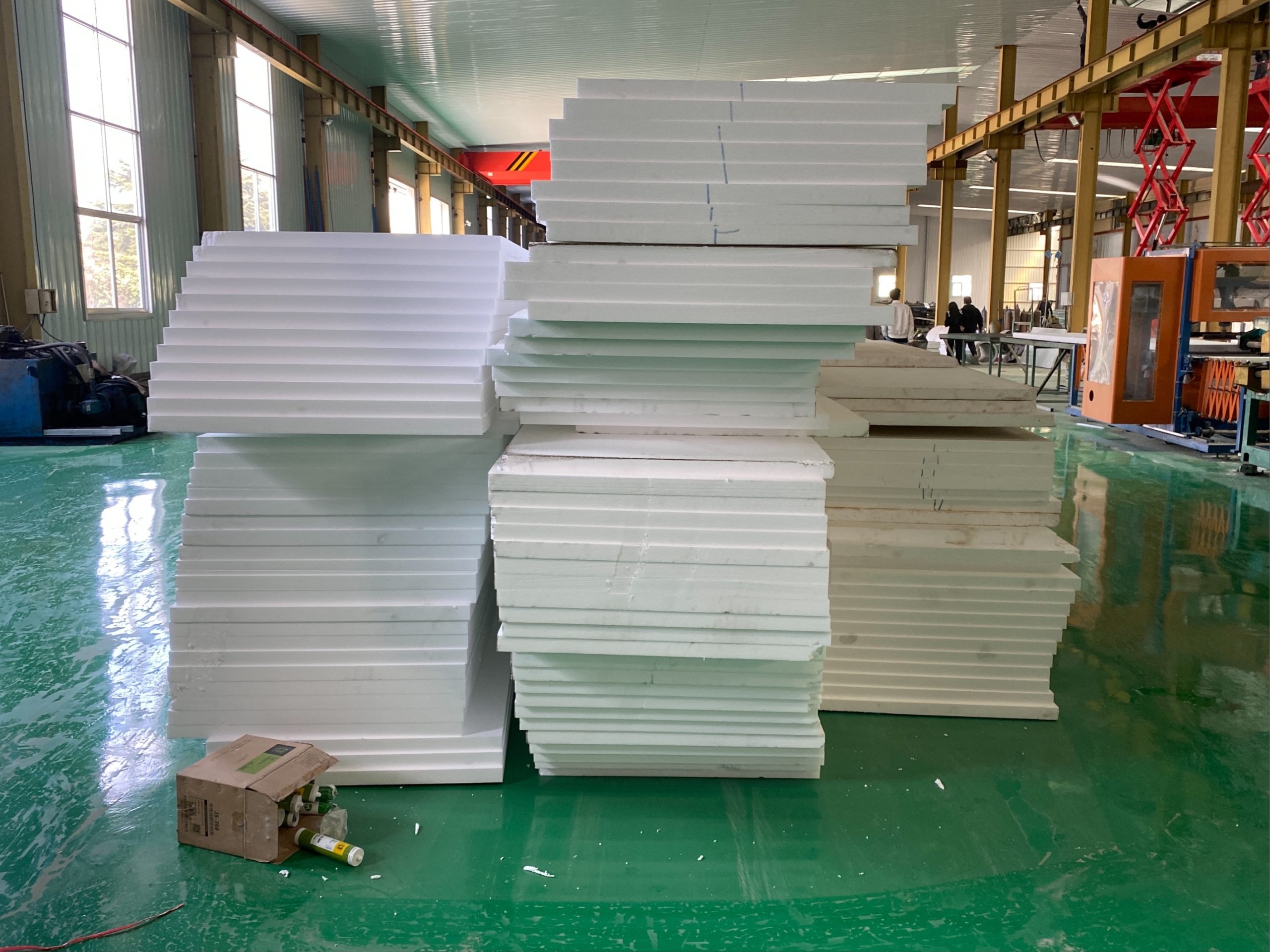
Furthermore, intelligent manufacturing technology can also help to reduce the environmental impact of steel production. By optimizing production processes and reducing waste, manufacturers can minimize their carbon footprint and decrease the amount of resources required to produce steel. This is especially important in today’s world, where sustainability and environmental responsibility are becoming increasingly important considerations for consumers and regulators alike.
Overall, intelligent manufacturing technology has the potential to revolutionize the steel industry, making production processes more efficient, cost-effective, and environmentally friendly. By automating tasks, reducing costs, improving safety, and minimizing environmental impact, manufacturers can stay competitive in an increasingly global marketplace. As technology continues to advance, it will be interesting to see how intelligent manufacturing technology continues to shape the future of the steel industry.
Implementing Artificial Intelligence for Quality Control in Steel Production
The steel industry has long been a cornerstone of modern manufacturing, providing the raw materials necessary for countless products and infrastructure projects. As technology continues to advance, the steel industry is embracing new innovations to improve efficiency, quality, and sustainability. One such innovation is the implementation of artificial intelligence (AI) in steel production processes.
AI has the potential to revolutionize the steel industry by optimizing production processes, improving quality control, and reducing waste. By harnessing the power of AI, steel manufacturers can analyze vast amounts of data in real-time to make informed decisions that lead to higher-quality products and increased productivity.
One area where AI is making a significant impact in the steel industry is quality control. Traditionally, quality control in steel production has relied on manual inspection processes that are time-consuming and prone to human error. AI technology, however, can automate the inspection process by using machine learning algorithms to analyze images and data from sensors to detect defects and deviations in real-time.
By implementing AI-powered quality control systems, steel manufacturers can identify and address quality issues before they escalate, leading to fewer defects, reduced scrap rates, and improved overall product quality. This not only saves time and money but also enhances customer satisfaction by delivering consistently high-quality products.
In addition to quality control, AI is also being used to optimize production processes in the steel industry. By analyzing data from sensors and production equipment, AI algorithms can identify patterns and trends that can be used to optimize production schedules, minimize downtime, and reduce energy consumption.
For example, AI can predict equipment failures before they occur, allowing maintenance teams to proactively address issues and prevent costly downtime. AI can also optimize production schedules by analyzing demand forecasts, inventory levels, and production capacity to ensure that production runs smoothly and efficiently.
Furthermore, AI can help steel manufacturers reduce waste and improve sustainability by optimizing resource utilization. By analyzing data on raw material inputs, energy consumption, and emissions, AI algorithms can identify opportunities to reduce waste, improve energy efficiency, and minimize environmental impact.
Overall, the implementation of AI in the steel industry has the potential to revolutionize production processes, improve quality control, and enhance sustainability. By harnessing the power of AI, steel manufacturers can stay competitive in an increasingly complex and demanding market.
In conclusion, intelligent manufacturing technology, such as AI, is transforming the steel industry by optimizing production processes, improving quality control, and reducing waste. By embracing these innovations, steel manufacturers can enhance efficiency, quality, and sustainability, ensuring their continued success in a rapidly evolving industry.

